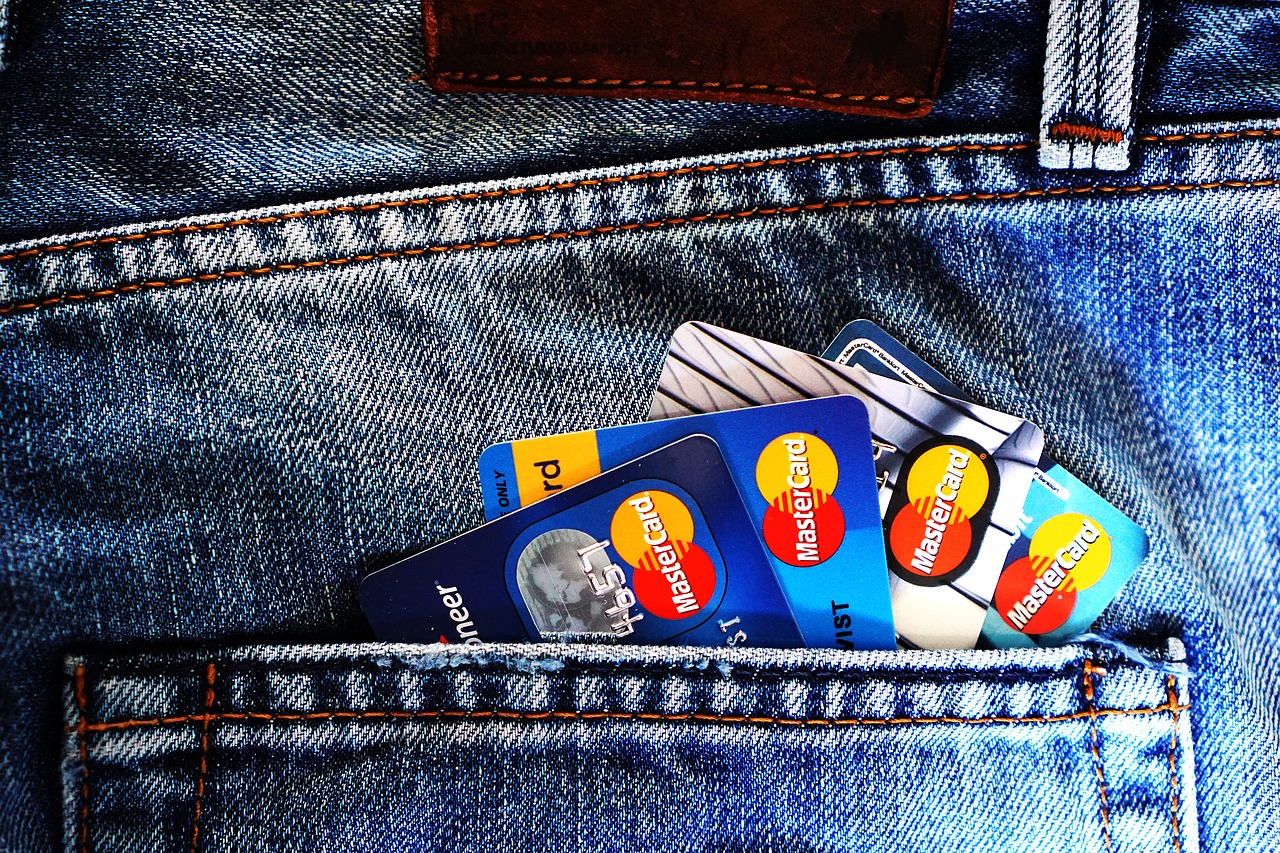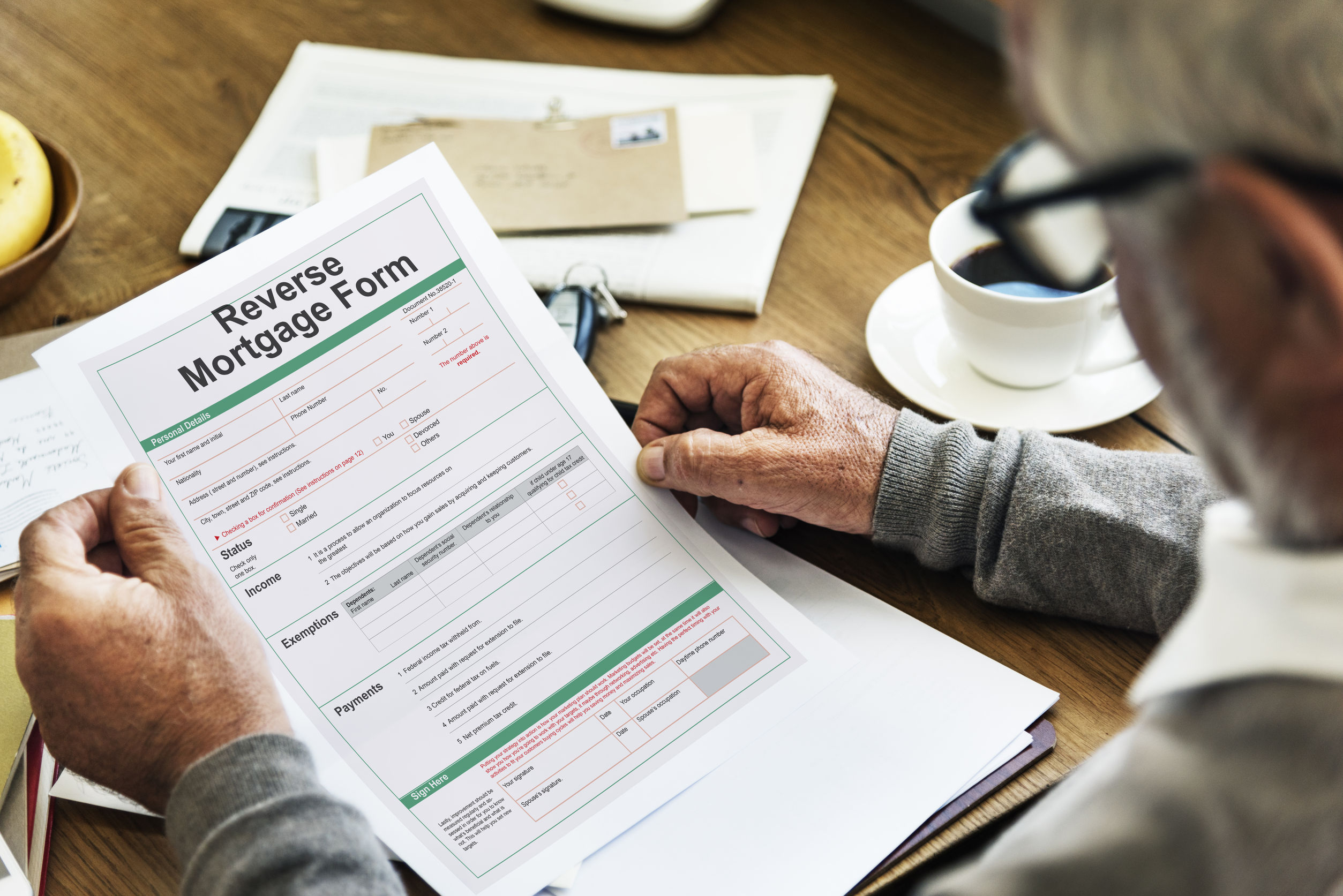How to Use Credit Cards Wisely

This may not be news to you, but credit cards have slowly entrenched themselves into our daily lives. The credit you build with credit cards are the gateway to major life purchase, such as a house, a car, and certain home services. Just about everyone should have at least one credit card to help build credit, use for emergencies, and to otherwise purchase goods or services you wouldn’t otherwise be able to afford at the time.
There are a lot of good things about credit cards. However, there are some considerable risks. Namely, irresponsible credit card use can lead to crippling debt, which in turn spirals out of control negatively impacting other aspects of your life.
To avoid irresponsible use of your credit card, read on for tips and strategies.
Never Carry a Balance
Of all the advice you can hear about credit cards, this is likely the most important. As long as you pay your balance on time and in full every month, you will never pay a dime in interest or fees. Check your account online frequently.
Coupled with a clear budget and financial plan, monitor your habits to ensure you are not spending more than you can afford.
Stick to a Budget
A budget is the foundation upon which you can live your life free of debt and with cash ready on hand. Looking at your budget will help you map how much you have available to spend, and how much debt you can you can afford to take on and repay.
Staying in control of your spending is a good habit anyhow, and you’ll be surprised how many more vacations, events, and fun outings you can afford.
Pay Your Bills on Time
You can’t succeed using the first two tips without adhering to this one as well. Late payments can send the wrong kind of message to creditors that you are borrowing more than what you can afford. Skipping payments consistently can negatively impact your credit score.
Check Your Credit Report at least Once Each Year
Checking your credit report regularly will help you catch and correct potentially costly errors such as:
- Accounts you don’t recognize
- Loans that have been paid off but still show up as “open”
- Incorrect personal information (such as your address or employer)
There are hundreds of websites online that can provide you your credit report. Stay away from any place that charges you, as you can get one free credit report from each of the big three credit bureaus—Equifax, Experian, and TransUnion—each year.





